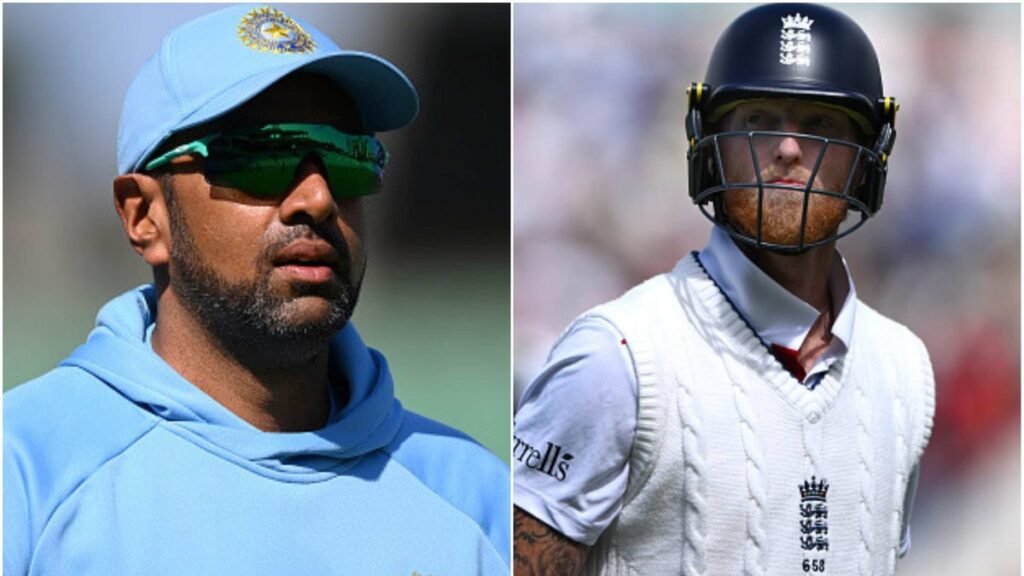
Ravichandran Ashwin, never one to shy away from speaking his mind, recently made headlines with a bold remark about England’s Test captain Ben Stokes. The Indian off-spinner acknowledged Stokes’ brilliance and leadership but raised an important question that has sparked a new round of cricketing debates: has Ben Stokes truly lived up to his reputation as a batter, outside of his famous Headingley 2019 heroics?
Ashwin said, “Ben Stokes is a fabulous player. I take my hat off to him. But we need to remember one thing. Barring that Headingley heroics in the Ashes, what has he achieved as a batter?” This comment, coming from one of modern cricket’s sharpest minds, quickly gained traction across social media and cricketing circles.
Ashwin’s observation hinges on a statistical and contextual critique of Stokes’ batting contributions in Test cricket. While the all-rounder has played several valuable innings, none have been as iconic or game-defining as that 135* at Headingley against Australia in 2019. It was a knock for the ages — one that not only saved the match but also reignited belief in England’s Ashes campaign that year. However, Ashwin’s point is whether that single innings has unfairly elevated Stokes’ reputation as a batter beyond what his overall record supports.
Ben Stokes’ Test average hovers in the mid-30s — a respectable figure but not elite by the standards of top-tier Test batsmen. He has notched up centuries against quality oppositions, but consistency has often been elusive. Since taking over the Test captaincy, his focus has seemingly shifted more toward leadership and strategy than run accumulation. Under his captaincy, England has embraced an aggressive, unorthodox brand of cricket dubbed “Bazball”, which has seen some thrilling results and revolutionary intent. Yet, individually, Stokes has not often been the linchpin with the bat.
Ashwin, being both a tactician and a player deeply invested in the nuances of the game, likely made the comment with a purpose beyond provocation. He may be urging fans and analysts to move past isolated moments of brilliance and instead assess players through a broader, more sustained lens. This is particularly relevant in an era where narratives often outpace numbers.
To be fair, Stokes’ value to England transcends just runs. His presence on the field, decision-making under pressure, and sheer willpower have often been the X-factor for England. But Ashwin’s critique challenges the tendency to equate iconic moments with an entire legacy. Cricket history is replete with players who played defining knocks but did not necessarily sustain high-level performance over time.
Ultimately, Ashwin’s comments open up a necessary and healthy conversation: in the age of media-driven legacies and social media glorification, should we redefine how we assess greatness? Ben Stokes, no doubt, is a modern-day warrior and an inspirational figure, but Ashwin’s question prompts a deeper look at his individual batting resume. The beauty of such remarks is that they don’t diminish a player’s worth but instead invite fans to engage with the game more critically — something Ashwin’s excels at both on and off the field.

